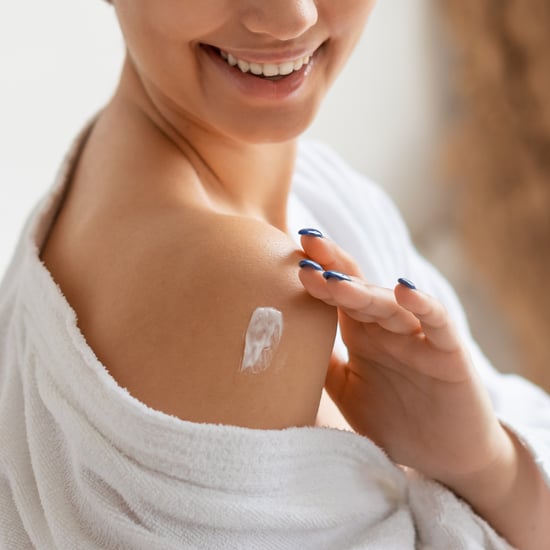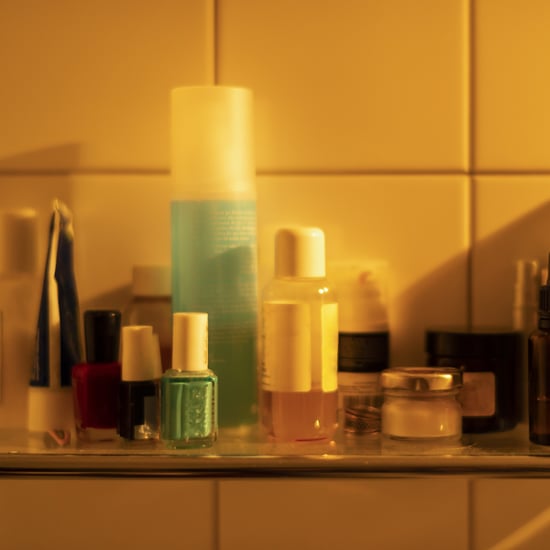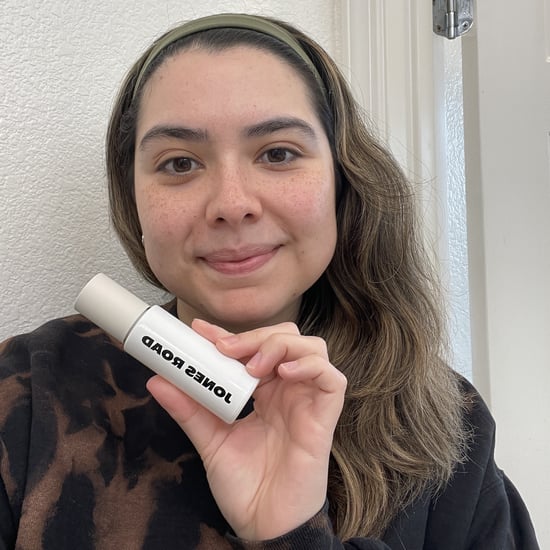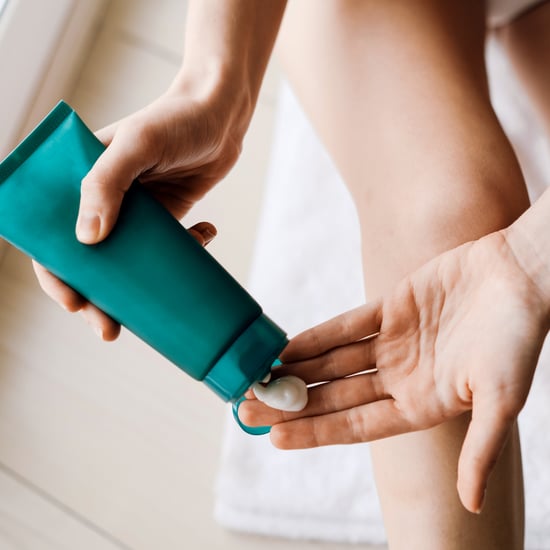When Not to Get Laser Hair Removal
9 Things You Should Absolutely Avoid Before Getting Laser Hair Removal
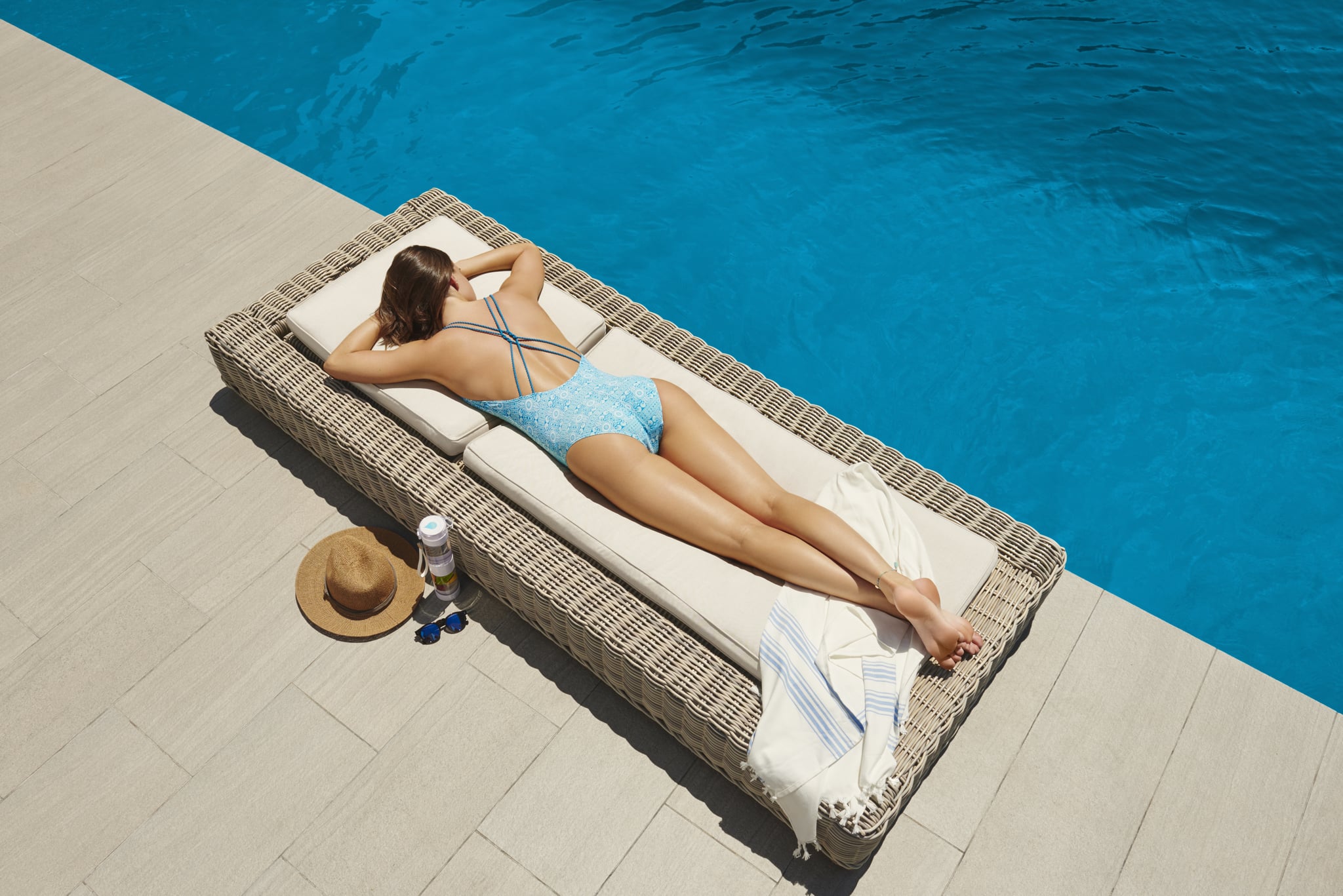
Before you permanently do anything to your body, make sure you know what you're getting into. That includes laser hair removal. It may seem like a no-brainer: zap unwanted hair with a wand, and poof! It's gone. But it's not that simple.
First, choose a place to get laser where the pros will be honest with you. I was hesitant about trying it myself, but after reading reviews about different spots, I decided to laser my armpits at Romeo and Juliette in NYC. I liked that technicians there would not just do the treatment on any part of my body. For example, they did not want to do it on my upper arms, where the hair growth is hormonal. This made me feel confident that the areas they did take on were actually treatable. While I am still treating my pits, the hair has gone from coarse and dark to soft and blonde.
Along the way I learned more tips from the spa's owner Christian Karavolas. For instance, you can't do laser when you have a spray tan! I had no idea. Keep reading to discover why that is a problem plus eight other things to never do when getting laser hair removal.
Tip: Avoid self-tanner
Why: "You should always avoid self-tanner when you know you have a session booked for a few reasons," Karavolas said. "It is best to wait at least four weeks after you have used a self-tanner before getting your next treatment. Having self-tanner on your skin may increase the chances of having unwanted side effects, like blisters or burns. Also, self-tanners darken the surface of the skin which creates a competing target for the light energy of the laser — the other competing target being the colour in the hair. By darkening the surface of the skin, more laser energy will be absorbed at the skin's surface rather than at the base (bulb) of the hair follicle, which is where we want the light energy to be absorbed to result in a good treatment."
Tip: Avoid actual tanning
Why: "Like the self-tanning rule of thumb, we usually recommended to avoid general sun exposure for at least seven-10 days before and after your appointment," Karavolas explained. "Wait a good six months at minimum, if you are prone to getting hyperpigmentation as a response to treatments (acne, burns, scratches etc). Generally, it is best not to have a tan at all if you are planning treatments because if the colour of your skin is closer to the colour of your hair, then the laser's setting may not be as aggressive, and you may need more treatments to remove all the hair.
He went on: "Avoiding the sun and applying sunblock daily are highly recommended in general while receiving treatments. This helps to minimise the risk of side effects, such as burns, blisters, and pigment changes. Tanned skin can be more prone to these types of complications with laser hair removal. Remember, a tan is essentially a bruise on the skin, and you don't want your skin to be compromised for laser hair removal."
Tip: Avoid antibiotics
Why: "Antibiotics may increase photosensitivity," he noted. "Photosensitivity is inflammation of the skin induced by a combination of light and certain medications or substances. The skin becomes more prone to elements of heat damage including blisters, rashes, fever, fatigue, joint pain, etc. We recommend that you check with your personal physician prior to receiving laser treatments if you are currently taking a longterm antibiotic. If you become ill and begin taking an antibiotic mid-treatment, you will need to stop the medication for seven days before your next laser treatment. You should always consult with your physician for your personal needs."
Tip: Avoid certain vitamins
Why: "You should always check with your family physician for your personal needs, but in general, we suggest you avoid supplements that are blood thinners and generally vitamin E in large doses," Karavolas said. "Also, a lot of clients don't think about it, but if you are taking a hair growth supplement, that may have an adverse effect on your treatments."

Image Source: POPSUGAR Photography / Kathryna Hancock
Tip: Avoid Makeup
Why: "We don't recommend applying normal makeup or concealer before your sessions," he explained. "Laser is attracted to pigment and melanin, and anything that is of dark colour will be attracted to the laser and could make it less active. You can apply mineral makeup directly after treatment to cover any noticeable redness, but we would also advise you to remove this thoroughly in the evening to make sure the skin can recover. We suggest you limit the products you put on your skin so you have less chance of irritation."
He added: "It is best to wait 24-48 hours — depending on your skin's recovery — to put full-coverage makeup on. If you are self-conscious of your skin, we recommend making your appointments in the evening after work or school, so that you do not need to worry about later commitments and the need to put makeup on right away. When you do cleanse your skin, make sure to use tepid water with a fragrance-free cleanser and a clean towel to dry the skin. Avoid harsh scrubs or exfoliators and if you have excess redness, apply a layer of aloe vera to reduce the redness."
Tip: Avoid deodorant
Why: "Deodorant absolutely needs to be avoided, or washed off, prior to a session treating the armpit area," he said. "Some deodorants leave a residue. It will deflect the laser light because (as with makeup detailed above) the laser will be attracted to the residue and will significantly reduce the effectiveness of the laser. You should also wait 24 hours post treatment to apply deodorant as you do not want to irritate the area post sessions."
Tip: Skip laser if you have a cold sore or breakout
Why: "Active oral or genital herpes infection are a temporary contra-indication for the procedure," Karavolas noted. "However, once it has healed, treatment can be done. If you are prone to cold sores, we suggest you take prophylactic anti-viral medication before your sessions to prevent an outbreak. [Talk to your doctor first.] Additionally, if you have an active cold sore, the heat from the laser would make it worse as laser causes heat on the skin, which in turn would make the cold sore much worse. Avoid laser treatments altogether until you are healed."
Tip: Also pass on laser if you have an acne breakout
Why: "If you have an acne breakout, it is best to avoid laser treatments," he said. "As explained with regards to cold sores, the heat of the laser may excite the glands and increase breakouts." He added that even if you have a breakout near the area you're getting laser, your spots could get worse. Talk to your dermatologist about clearing up your acne before getting laser on or near the area.
Tip: Avoid laser around the time of the month
Why: During your cycle, there is more sensitivity towards pain than any other time of the month, therefore we suggest that the person waits until their cycle is over to continue treatments. There is no contra-indication with having laser hair removal performed during one's cycle except for elevated sensitivity towards pain.
